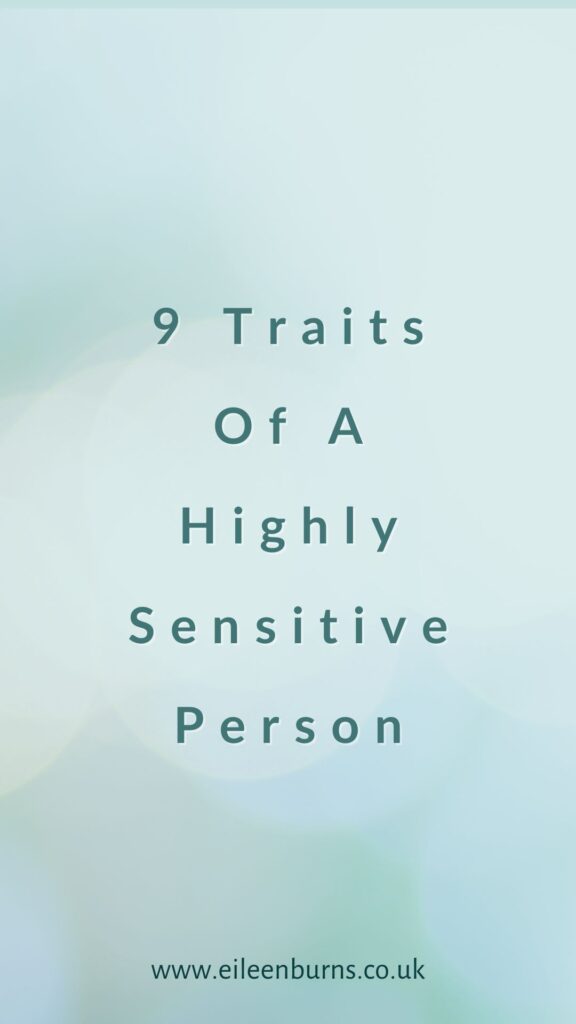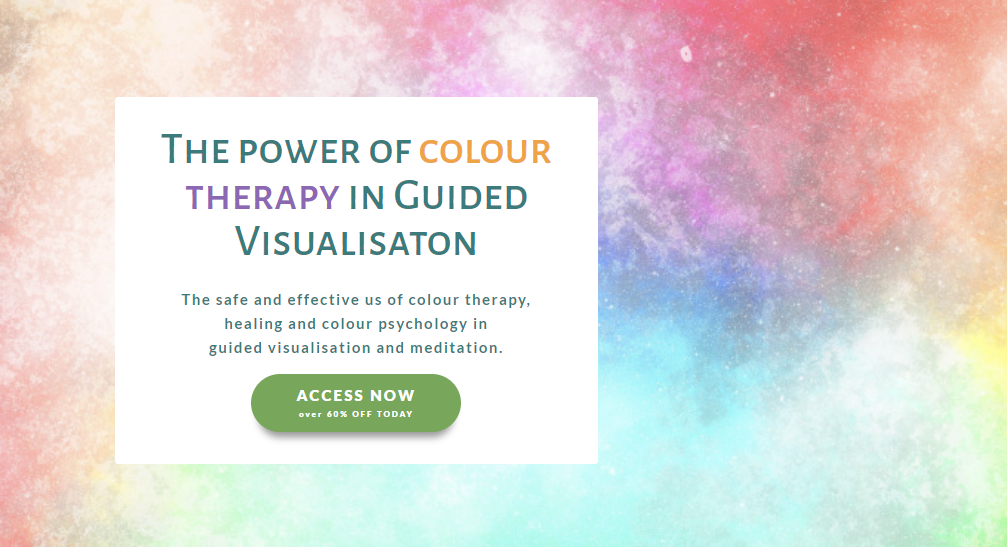Notice: Trying to access array offset on value of type bool in /home/stress16/public_html/eileenburns.co.uk/wp-content/themes/Divi/epanel/custom_functions.php on line 629
Noise Sensitivity – The Challenges Of Hyperacusis
Noise Sensitivity –The Challenges of Living With Hyperacusis
When most people talk about noise sensitivity they often think of simply an annoyance to specific noises. But noise sensitivity can be an extremely painful and a huge disabling challenge for many sufferers. I know as I began suffering from a severe form of hyperacusis over the last three years, which has made me mostly housebound.
As someone who is highly empathic and sensitive, I have slight noise sensitivity as long as I can remember. I always had challenges sleeping with even the slightest noise around me. But this started to become a much bigger problem when it developed into a painful and debilitating severe form of hyperacusis. Specific frequencies began to trigger extreme pain in my right ear, major balance issue and a complex movement disorder including non-epileptic seizures that leaves me with no control over my body.
My noise sensitivity issues appear to be caused by at least 30 years of bacterial/viral implications. But the cause is not clear with a complex medical history; M.E./CFS, suspected untreated chronic lyme at 14 years of age, head and face trauma, a rare cranial condition and survivor of sepsis. Although according to Anthony Williams book the Medical Medium Many of these neurotoxicity symptoms are simply the fourth stage of very a rare form of Epstein Barr Virus. But I am unsure if I will ever know for sure.
However the reality is noise sensitivity seems to be triggered by a variety of causes, diseases, accidents, trauma and stressors. Sound intolerance also appears to be a common problem in those who are highly sensitive or have sensory processing disorders. Many clinicians used to assume noise sensitivity has a purely psychological basis. But more research and evidence is demonstrating many of the physiological causes behind various types of noise sensitivity.
Noise sensitivity challenges are very common for those with sensory processing challenges on the Autism/Asperger Spectrum. Which can seriously impact their quality of daily living, education and their careers.
Noise sensitivity is something that is certainly misunderstood and misdiagnosed by many medical practitioners. Especially as there is so many different classifications and causes of sound sensitivity.

Here Are Some Of The Different Types Of Noise Sensitivity
Hyperacusis – is usually linked with amplified sensitivity or auditory increase in the central auditory system which is the hearing pathways of the brain. A “collapsed tolerance to normal environmental sound” The Hyperacusis Network. It is suggested that unexpected exposure to deafening noise can sometimes trigger hyperacusis. But there are some medical conditions associated with hyperacusis which include Bell’s palsy, Lyme disease, migraine, post head injury syndrome and William’s syndrome. Also many people with hyperacusis have tinnitus and many with tinnitus have hyperacusis.
There are two forms of hyperacusis; cochlear hyperacusis and vestibular hyperacusis
Cochlear Hyperacusis; annoyance, distress, ear pain and to very quiet or high-pitched sounds.
Vestibular Hyperacusis; balance, postural control and vertigo problems, nausea, fatigue. Known sometimes as Audiogenic Seizure Disorder and Tullio’s syndrome
Hypersensitive Hearing – where someone is born with a hyper sensitivity to frequencies above 70 decibels normally viewed as problematic frequencies. This is common in the autism spectrum.
Misophonia – is when someone hates a particular sound but it is not collapsed tolerance to sound. Usually there is an atypical limbic and autonomic nervous system response ( fight or flight response) which is related to the auditory system. Examples are repetitive sounds, consonants, sniffing, lip smacking which can often trigger emotional rage.
Phonophobia – is a sub-category of misophonia where one suffers anxiety/fear of events related to their noise sensitivity. Which triggers isolation in the outside world.
Recruitment – is when there is an increased perception of noise sensitivity when someone is suffering from a type of hearing loss where they cannot hear certain pitches but can hear others. Which is perceived as too quiet to dramatically loud.
Treatments And Support For Noise Sensitivity Issues
Ear Plugs or Ear Phones: For most types of noise sensitivity challenges recommendations are that ear plugs should not be relied on for day to day living. As there is suggestions that in the long run this may reduce tolerance to every day sounds. But it certainly would depend on the type and degree of noise sensitivity. I personally do not use ear plugs in my home doing most tasks. But because my noise sensitivity triggers severe balance challenges and a violent movement disorder. I choose to use ear phones outside otherwise I have very limited control over my bodily movements.
Noise Cancellation Ear Phones: Some people find noise cancellation useful, I find for long car drives they can cancel out and reduce some noise and can help reduce general over stimulation.
Pink Noise Devices: For some types of noise sensitivity pink noise devices are used as a form of sound therapy.
Meditation– helps you access that inner calm, peace inside despite what is happening around you. It helps you become more mentally, emotionally and physically resilient. Meditation has helped keep me so mentally strong over the last 25 years. It has helped me find my own equivalent to a power nap, when I can’t sleep due to noise issues.
Craniosacral Therapy – can be helpful where there has been noise sensitivity after trauma to the head and neck. Also bowen and osteopathy is useful for again alignment issues due to trauma.
Healthier Thinking – it is important with any condition or life challenge that a person has the ability to look at their life challenges and focus on what they can do, rather than what we feel disabled by.
Stress Management – generally reducing and manging your anxiety and stress can seriously help reduce any hyper sensitivity to external stimuli. And can be a great cushion at helping you remain as emotionally, mentally and physically strong against noise stressors.
CBD Oil: Cannabis derived oil and paste is used by many who’s noise sensitivity appears to be related to their medical conditions. It is widely uses by lymes and now more popular in ME/CFS sufferers.Many people with noise sensitivity issues including those with sensory processing issues seem to be benefiting from CBD or marijuana in some component.
On Guard Blend: Another product that I have found helpful in my building my sound tolerance is the essential oil blend by doTERRA . These are highly vibrational essential oils which appear to strengthen our energetic boundaries, boost the immune system and protect our body against viruses and microbes.
These are just some of the ways you can help manage your noise sensitivity issues. If like me travelling in a car is a huge problem because you can actually feel a lot of vibrations through the nerves of your body. I find sitting and placing my feet on memory foam cushions and a duvet helps to cushion me from the impact. Some cars are more better than others in relation to the seat and height design
I am fortunate enough to start seeing slowly but surely a reduction in the severity of my symptoms. Having lived with chronic health challenges that have disabled me in various ways for many years. I choose to focus daily on my abilities, strengths and gifts. I am very fortunate to be able to do my work online. Although it can have its challenges.
But when we focus on the things we can change and accept those we can’t. We come from a much stronger, calm and happier place. Noise sensitivity can be extremely challenging, it needs more research/awareness especially on the actual conditions that cause it.But meanwhile the healthiest thing you can do is look after your own health and wellbeing, especially your anxiety and stress levels. As anxiety and stress will certainly make you more hyper-sensitive .
If you are looking for help and support in managing your sensitivity challenges. I share lots of tips and resources in my free facebookcommunity Soul Care For Sensitives














